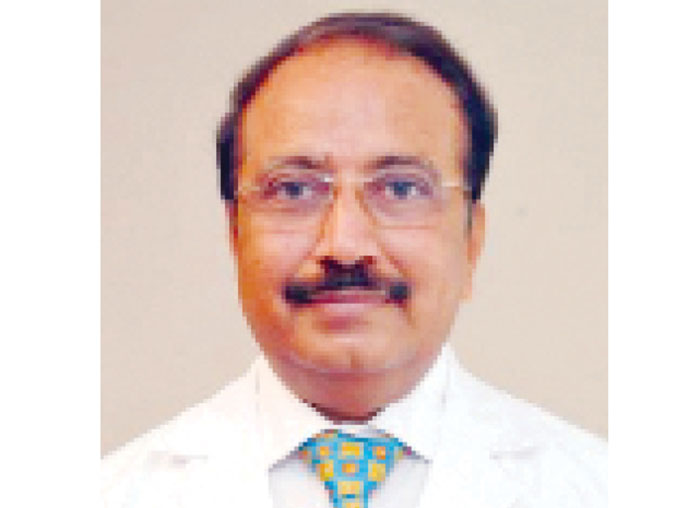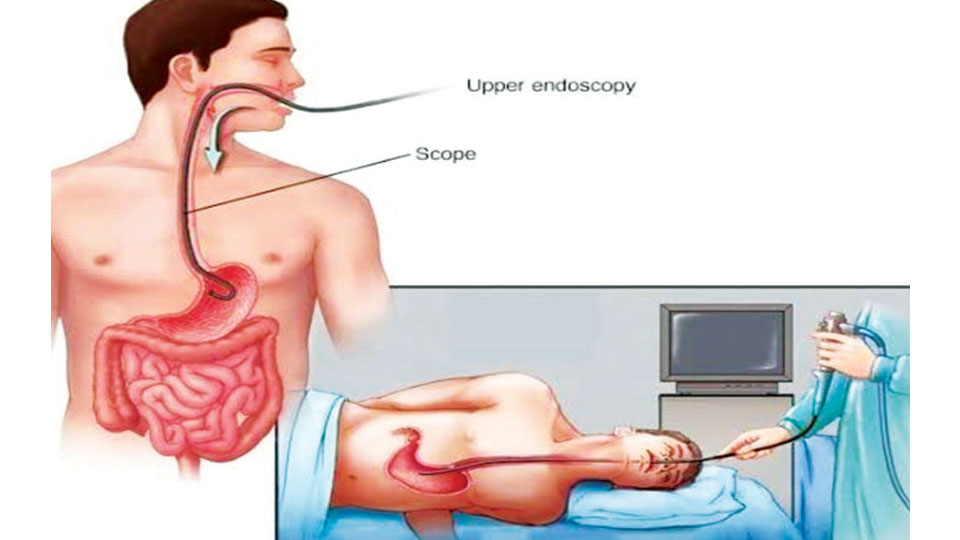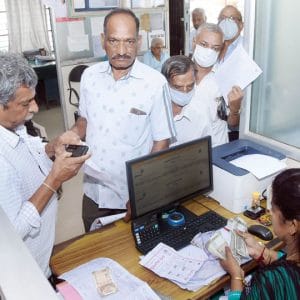Novel tool in treating Gastrointestinal Disorders
By Dr. G. Siddesh, Director & Chief General Surgery, Endoscopic and Laparoscopic Surgeon, Sigma Hospital, Mysuru
Endoscopy plays a pivotal role in the diagnosis and treatment of gastrointestinal disorders, revolutionising the field of gastroenterology. This minimally invasive procedure involves the use of a flexible tube with a light and camera to visualise the interior of the digestive tract. Its significance lies in its ability to provide real-time, high-definition images, aiding in the identification, assessment and treatment of various gastrointestinal conditions.
One of the primary applications of endoscopy is in the diagnosis of gastrointestinal diseases. Gastroenterologists utilise endoscopic procedures, such as esophagogastroduodenoscopy (EGD) and colonoscopy, to examine the esophagus, stomach, duodenum and colon. This allows detection of abnormalities like ulcers, inflammation, polyps and tumours. Early diagnosis through endoscopy is crucial for timely intervention and improved patient outcome.
Endoscopy also plays a vital role in the surveillance of individuals at risk for gastrointestinal cancers, such as colorectal cancer. Screening colonoscopies enable the detection and removal of precancerous polyps, preventing the progression to malignancy. This proactive approach to cancer prevention highlights the instrumental role of endoscopy in reducing morbidity and mortality associated with gastrointestinal malignancies.
In addition to diagnosis, endoscopy serves as a therapeutic tool for various gastrointestinal disorders. Endoscopic procedures offer a minimally invasive alternative to traditional surgical interventions, leading to shorter recovery times and reduced post-operative complications. Endoscopic retrograde cholangiopancreatography (ERCP) allows for the treatment of bile duct and pancreatic disorders, such as gallstones and strictures, through interventions like stent placement and stone extraction.

Endoscopic mucosal resection (EMR) and endoscopic sub mucosal dissection (ESD) are techniques employed for removal of precancerous lesions or early-stage cancers in the gastrointestinal tract. These procedures are particularly beneficial for patients who may not be suitable candidates for surgery due to underlying health conditions.
Furthermore, endoscopy has revolutionised the management of gastrointestinal bleeding. Haemostatic interventions, such as application of clips or thermal therapy, can be performed during endoscopy to control bleeding from ulcers or vascular malformations. This targeted approach enhances efficacy of treatment and reduces need for more invasive procedures.
Endoscopic technology continues to evolve, with advancements like confocal laser endomicroscopy and capsule endoscopy further expanding diagnostic capabilities. These innovations enable gastroenterologists to visualise cellular and microscopic changes in the gastrointestinal mucosa, facilitating early detection of abnormalities.
In conclusion, endoscopy is a cornerstone in the diagnosis and treatment of gastrointestinal disorders. Its versatility, ranging from diagnostic examinations to therapeutic interventions, has transformed the landscape of gastroenterology. By providing accurate and timely insights into the digestive tract, endoscopy contributes significantly to improved patient outcomes, making it an indispensable tool in the realm of gastrointestinal healthcare.








Recent Comments